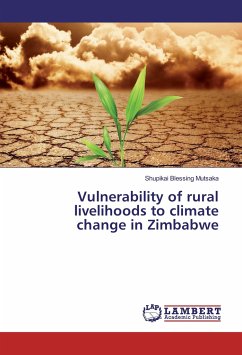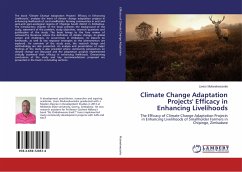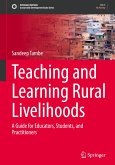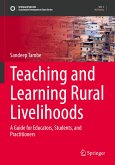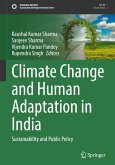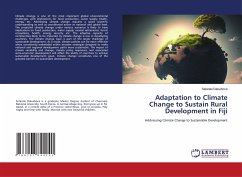The impact of climate change is one of the major challenges facing rural livelihood systems in Africa. Using a case study research design this study assesses the vulnerability of rural livelihood systems in Gwanda District of Zimbabwe to the impacts of climate change. The study examines the livelihood systems, the nature of climatic and non-climatic hazards livelihoods face and the socio-economic factors that make livelihoods vulnerable to the impacts of climate change. The study further assesses current climate change adaptation mechanisms. Findings point to high vulnerability of livelihood systems to the impacts of climate change. Livelihoods in the area are diverse but largely natural-resources dependent. The vulnerability of different households is determined by their levels of wealth, skills, knowledge and the demographic composition of households. The current main adaptation mechanisms involve diversification and modification of livelihoods and emigration. To reduce the vulnerability of livelihoods the study recommends building up the human, physical, financial and social livelihood assets in the area improve the management of the current stock of natural livelihood assets.
Bitte wählen Sie Ihr Anliegen aus.
Rechnungen
Retourenschein anfordern
Bestellstatus
Storno

